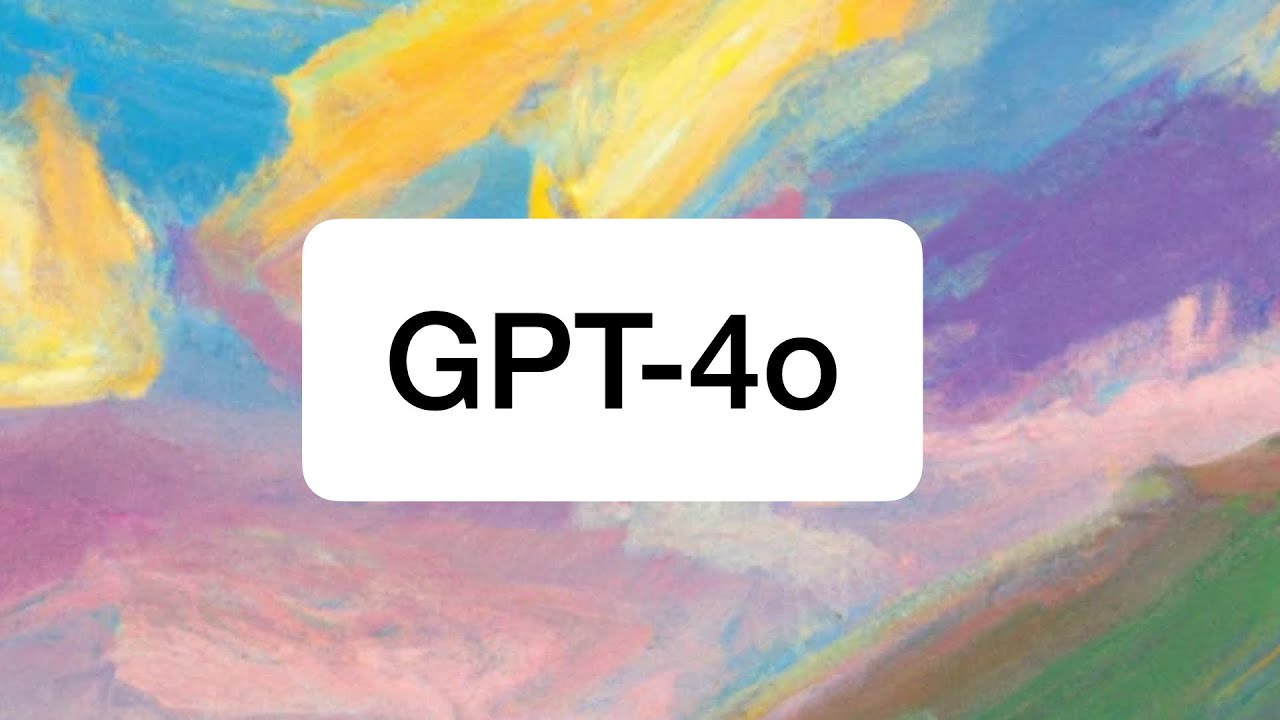THINK and SPEAK in English
Summary
TLDR该视频播报人Vanessa会讲些日常生活中的短语和表达,比如起床后的第一件事、与朋友见面聊天的方式,还会讲一些度假时会用到的词汇。主要目的是帮助观众用英语思考和表达,提高英语交流技能。
Takeaways
- 😀 Vanessa鼓励用英语思考和交流,并提供了免费的PDF工作表来帮助学习。
- 📅 她分享了自己的日常例程,包括起床、准备早餐和送孩子上学等。
- 🌞 Vanessa介绍了如何描述一天的开始,并强调了“first thing in the morning”的正确用法。
- 👪 她讨论了成为早晨的人和起床气的概念,以及如何用英语表达。
- 🚌 使用“drop off”这个短语动词来描述送人或物品的动作。
- 📧 讲到了如何利用“catch up”和“go over”这些短语动词在日常生活中的应用。
- 🏠 分享了下午和晚上与家人度过的时光,包括如何询问孩子们的一天以促进交流。
- 🌜 描述了晚上的家庭活动,如吃晚餐、讨论一天中的最佳和最具挑战部分。
- 💤 使用“hit the hay”、“sleep like a log”和“toss and turn”等表达睡觉的习语。
- 🏖️ 通过分享她的假期经历,介绍了如何用英语描述度假,包括旅行、活动和与家人共度时光。
Q & A
Vanessa在早上最先做什么?
-Vanessa说她如果走运的话,早上醒来第一件事会听到闹钟响了,然后按掉铃声慢慢起床。如果不走运,会听到孩子们喊“妈妈!”,然后必须立刻起床。
“first thing”这个短语是什么意思?
-"first thing"意思是“第一件事”,可以用在一句话的开头或结尾,例如“First thing in the morning, I hear my alarm”(一大早,我会听到闹钟响)或者“I make coffee first thing”(我会先沏咖啡)。
Vanessa提到了“morning person”和“wrong side of the bed”,这是什么意思?
-"morning person"指早上很容易就醒来,状态很好的人。“wrong side of the bed”是一个比喻,指刚起床时心情不太好,可能有点烦躁。
“drop off”这个短语是什么意思?可以用在什么场合?
-"drop off"意思是“送到某地”。可以用在人或者东西上,例如“I drop my son off at school”(我送我儿子到学校)或者“I dropped my computer off at the repair shop”(我把电脑送到维修店)。
"catch up"有什么含义?在什么情况下会用到这个短语?
-"catch up"意思是“赶上”。可以用在需要完成延迟的工作时,例如赶进度、赶上家务等。也可以用在与朋友聊天时,意思是跟朋友讲讲这段时间以来发生的事情。
Vanessa提到和孩子“open up”很重要,这是什么意思?
-“open up”意思是敞开心扉,和别人分享自己真实的想法,谈论一些比较私密或重要的话题,而不只是表面上的闲聊。这对加深关系很重要。
"hang out"可以当动词和名词使用吗?
-对,“hang out” 既可以当动词使用,意思是“闲逛”“消遣”,也可以当名词使用,意思是“消遣的地方”。
Vanessa怎样知道孩子一天的生活?
-Vanessa说问一些具体的问题比只说“告诉我你今天的生活”更容易让孩子打开心扉。例如问他在学校玩了什么游戏,这更容易唤起孩子的记忆并让他讲出更多细节。
"put to sleep"和"put to bed"有什么区别?
-"put to sleep"指安乐死,"put to bed"才是帮助睡觉的意思。必须分清这两个短语,千万不要说“put kids to sleep”。
"sleep tight"从哪里来的,有什么意思?
-这是“Goodnight, sleep tight, don't let the bed bugs bite” 的省略形式。意思就是“睡个好觉”。早期的床可能会有虫子,所以有这种说法。现在已缩短为“sleep tight”。
Outlines

This section is available to paid users only. Please upgrade to access this part.
Upgrade NowMindmap

This section is available to paid users only. Please upgrade to access this part.
Upgrade NowKeywords

This section is available to paid users only. Please upgrade to access this part.
Upgrade NowHighlights

This section is available to paid users only. Please upgrade to access this part.
Upgrade NowTranscripts

This section is available to paid users only. Please upgrade to access this part.
Upgrade NowBrowse More Related Video

看不见的中国|煤油|豆油|食品安全|调查记者|油罐车清洗|化工原料|王局拍案20240709

Tick-Tock Español: Your Guide to Telling Time in Spanish

中國人害怕被台灣看不起的5大原因,和台灣「嘲笑」中國的真相。

OpenAI发布会快速解读+全程双语回放|地表最强模型GPT-4o免费发布|AI进化论-花生

LEARN FRENCH PHRASES - RESTAURANT VOCABULARY

CCIR - Quantum Physics: Information, Foundations And Gravity - Lecture Session #6
5.0 / 5 (0 votes)
